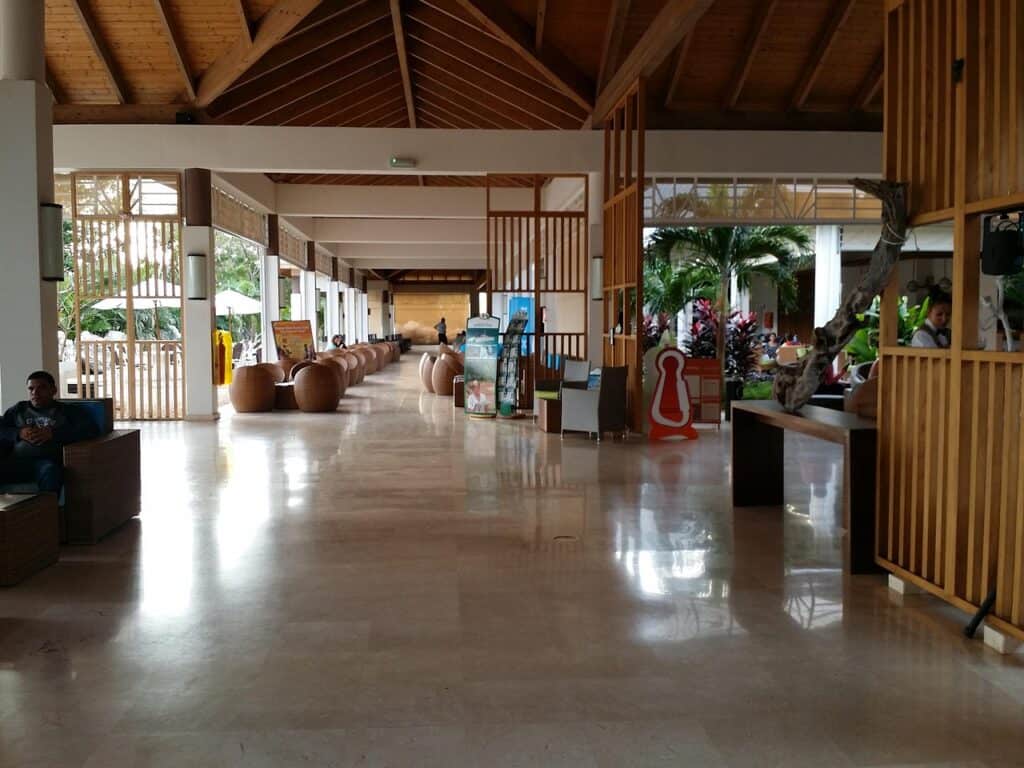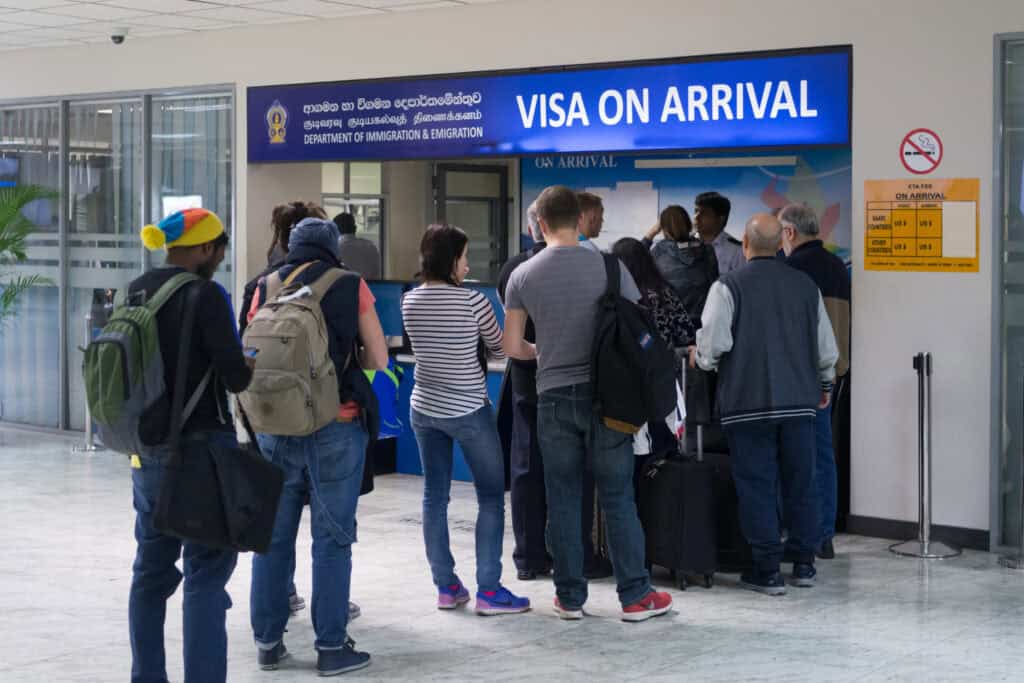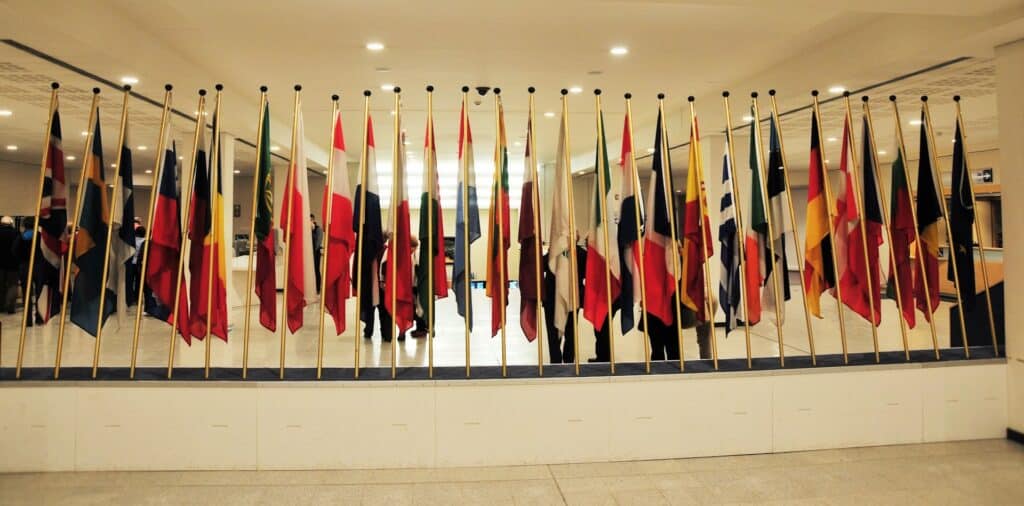We may earn money or products from the companies mentioned in this post. This means if you click on the link and purchase the item, I will receive a small commission at no extra cost to you ... you're just helping re-supply our family's travel fund.

Policy talk often stops at slogans. On the ground, tighter entry and visa rules reshape days in smaller, harder ways. Families postpone milestones. Universities lose momentum when research teams stall. Small businesses watch bookings slip, then trim shifts. Airports carry long lines that fray patience. Communities miss the easy exchange that makes travel worth the paperwork. What this really costs is time, trust, and attention. Those losses rarely trend, yet they add up where people live and work.
Fewer Visitors, Thinner Local Paychecks

When interviews drag and rules feel unpredictable, travelers pick easier routes. That leaves empty tables, slower tour calendars, and hotels stuck staffing for maybes. Museums cut hours, drivers wait longer between airport runs, and festivals shrink a size. The ripple reaches bakeries, gift shops, and guides two towns away. Each no show means real wages lost today and smaller marketing budgets later. Regions that rely on international guests feel the shortfall first and rebuild the slowest.
Universities Lose Talent And Towns Lose Rent

Students chase clarity. If a visa clock wobbles, they enroll where approvals come clean and on time. A missing cohort is not only tuition. It is lab output, tutoring jobs, and apartments that sit a month longer. Cafes near campus see softer mornings, while community landlords work harder to fill safe, affordable rooms. Faculty delay projects tied to visiting scholars. Over a year or two, departments lose edge and towns lose the hum that comes from steady, curious foot traffic.
Research And Business Trips Miss Their Window

Science and dealmaking run on calendars that do not pause for backlogs. A missed slot can sink a clinical visit, a pilot test, or a trade show launch booked a year ahead. Teams adapt by moving meetings offshore or skipping the U.S. for the cycle. That choice lingers. Vendor lists update. Partnerships drift toward places that make entry boring and predictable. The loss is not a headline moment but a slide in influence, one canceled handshake at a time.
Families Absorb Quiet Harm

Most travelers are not on podiums. They are grandparents with limited visas, parents meeting a newborn, or relatives flying to say goodbye. Sudden shifts in rules or interviews that stretch into months erase days that do not repeat. Even when approvals arrive, trust is thinner. People plan less, visit less, and send fewer invitations. The cost hides in blank chairs at small ceremonies, in photos sent instead of hugs, and in calendars that learn not to expect togetherness across borders.
Airports And Consulates Carry The Backlog

Under resourcing turns careful policy into long lines and short tempers. Consulates funded by fees struggle to scale staff when demand surges, and public wait times swing by city and season. At airports, more secondary checks without matching personnel create bottlenecks that airlines and travelers both pay for. Agents want clear rules and enough hands to apply them. The fix is not only stricter screening. It is training, stable hiring, and tech that speeds clean cases while flagging the few that need time.
Reputation And Reciprocity Add Friction

Entry rules do not live alone. Partners notice tone and respond with new forms, fees, or interviews for Americans abroad. Students, artists, and small teams feel that first when tours, residencies, or exchanges get pricier and slower. Tourism boards call this soft power, but its effects are concrete. It is conference bids won or lost, research ties that deepen or fade, and goodwill that compounds over years. Welcome signals work both ways, and so do raised drawbridges.
Hidden Time Taxes For Small Players

Big companies hire fixers. Families and small outfits use lunch breaks and late nights to chase appointments, redo fingerprints, or translate forms that changed midstream. Lost hours are still a bill, paid in rescheduled shifts and childcare. When systems rely on blanket pauses or surprise fees, they burden the people least able to absorb them. Good policy respects limited bandwidth. It offers predictable paths, clear checklists, and service counters that solve problems without needing a specialist.
When Uncertainty Becomes the Real Barrier

Rules matter, but predictability matters more. Travelers, students, and businesses can plan around almost anything if timelines are clear and decisions feel consistent. What causes real damage is uncertainty that stretches weeks into months with no signal of resolution. People stop committing. Trips stay tentative. Investments pause. Over time, uncertainty trains people to choose elsewhere, not out of protest, but out of practicality.